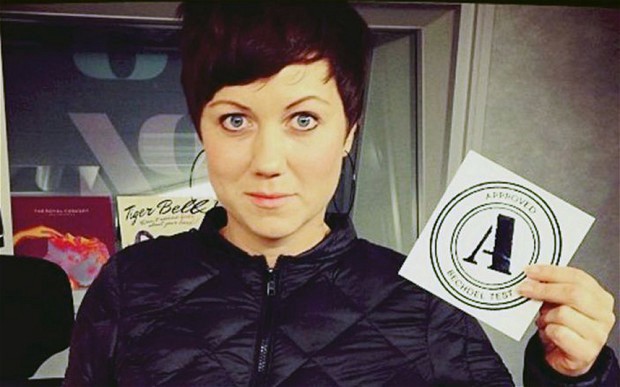The marginalization of women at the movies hasn’t changed since the 1940s.
That’s what Dr. Martha Lauzen’s latest research paper, “It’s a Man’s (Celluloid) World” for the Center for the Study of Women in Television and Film, has discovered by examining the on-screen representations of female characters in the 100 top-grossing (U.S. domestic) films of 2013.
Just 13% of those films feature equal numbers of female and male characters, or more female than male characters. Female protagonists were up 4% from 2011 to a still paltry 15% in 2013, while female speaking characters, major and minor, were up 2% from 2002 to just 30% last year.
Lauzen herself noted the inertia in feminist progress: “Overall, we have seen little movement in the numbers of female protagonists and females as speaking characters over the last decade,” she said in a statement to The Hollywood Reporter.
Whilst most of us might hope and advocate for women to get 50% representation to reflect 50% of the population, campaigning for equal representations on film of strong, interesting female protagonists appears to be getting us nowhere. And in our impatience for revolution, we’re overlooking the merits of evolution.
The Bechdel Test was conceived in 1985. Yet still today, the failure rate continues to hover at around half of all films released. What started out as a laugh (a conversation with a friend that comic artist Alison Bechdel wrote up as “The Rule”) has become a joke three decades later when so many films can’t seem to get over its absurdly basic criteria.
The test indicates minimal participation of female characters in the movies by requiring they exist outside of their relationships to male characters for at least one conversation. This is important in an industry whose output is consumed by millions around the world, and which helps shape our understanding of men and women’s places in society.
Hollywood’s continued inability to pass the Bechdel Test is particularly upsetting when looking at children’s films. Finding Nemo, Ice Age, Monsters University, The Lion King, Shrek, Madagascar — 60% of the top-grossing animated films of all time don’t pass the test. How can this not have an impact on children’s concepts of gender, when blockbuster entertainment that is targeted directly at them shows worlds devoid of women?
Last year, four Swedish cinemas announced that they would implement an A+ rating to encourage films that pass the Bechdel Test. This is a useful development in highlighting the problem, but for the rating system to create any change in the film industry’s ongoing neglect of half the population, the onus is on filmgoers to boycott.
But that responsibility should lie with the filmmakers. “Male as default character” is an easy pattern to fall into, particularly when the majority of screenwriters are still male. I’ve used default-male characters in two-thirds of my own short films. It will require a concerted effort from filmmakers, both male and female, in order to spur on progress that has halted.
This is why I’m asking writers, producers and directors to make a commitment that they Pass the Bechdel Test in their feature filmmaking, barring specific exceptions. These would apply when a film has very few characters (e.g. Gravity); is set in a place and time where there were only men or very few women (e.g. Master and Commander: The Far Side of the World); or based on a text that limits such possibilities (e.g. The Road) — though Joss Whedon still managed to get around this in his recent re-imagining of Much Ado About Nothing.
Making a commitment to pass the test will kickstart a more detailed thought process for writers, directors and producers. It will require consideration during pre-production about whether female characters exist, are well-rounded, and are not just seen in relationship to men. In meeting their obligation to pass the test, thoughtful filmmakers should find themselves surpassing this bare minimum measure.
Progress towards gender equality in the movies is stalled. A small step over the low bar that is the Bechdel Test could be the very thing to restart it.
Sarah Steel is an Australian filmmaker with a working background in film distribution, international sales and film festivals in Sydney and London.
Filmmakers, please consider signing up to the voluntary charter to pledge or reaffirm your commitment to improving the representation of women in feature films.
Film fans, show your support by signing the petition and jumping on the mailing list.






